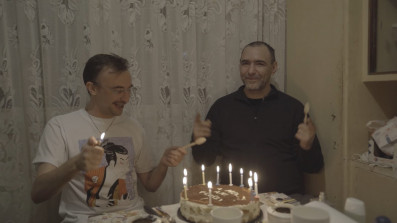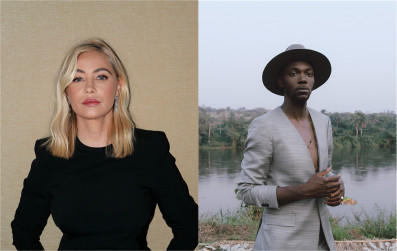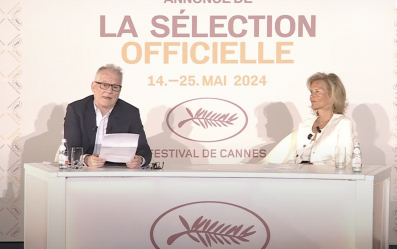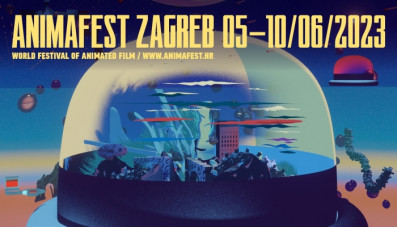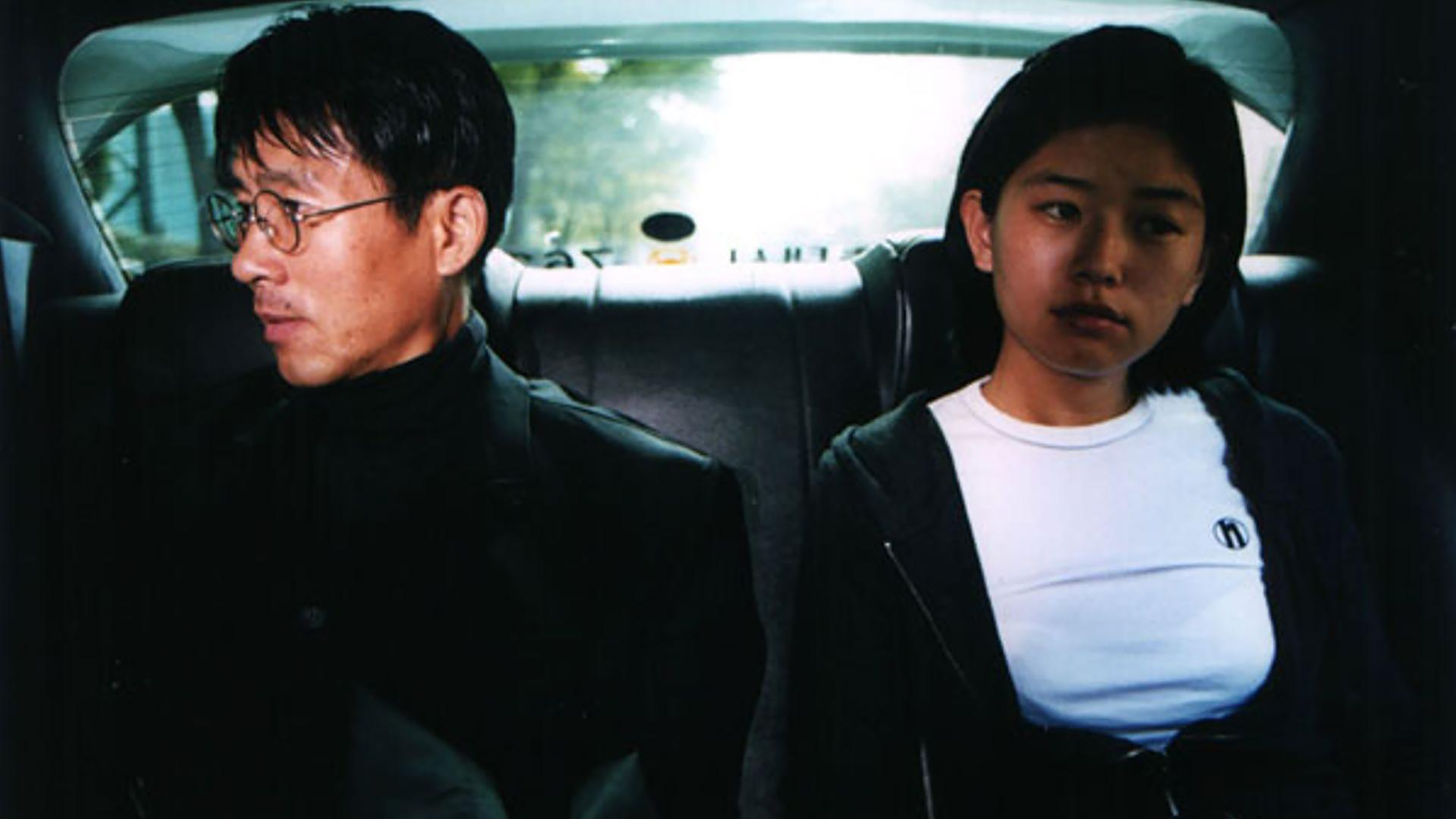
FEFF audience discovers the truth behind ‘Lies’ By Viktor Toth
Viktor Toth attended the 25th Far East Film Festival as part of the FEFF Campus initiative for aspiring journalists and critics
“I was shocked. It really is a bad movie.” Director Jung Sang-Woo is describing re-watching his controversial, S&M heavy drama Lies after decades, a task he needed to do while working on the new 4K restoration that was recently presented at the 25th Far East Film Festival in Udine.
And maybe it's best left up to you to decide whether he means bad in terms of content, or intent, or maybe even viewing experience. Jung had, in fact, directed a film called Bad Movie, before turning his attention to Lies, and that first experience of pushing the boundaries of Korean cinema had embolden him to continue doing “everything I wished.” Lies sparked major controversy in 1999, when it premiered in competition at the 56th Venice Film Festival. Its immediate censorship, back in South Korea, resulted in a nationwide scandal.
“Everyone discussed freedom of expression, but there was a continuous refusal by the censorship board and then it was distributed in a cut, ruined form. I remember that we had in our company another film in production shortly after with no censorship because Lies really got the worst”, explains Shin Chul, the producer of Lies, who joined Jung on stage at FEFF for a master class after the film’s screening.
“After months of censorship the film was finally screened in Korean cinemas and after only four days, newspapers reported that cinemas that screened Lies would be investigated. All cinemas started to refuse the film to avoid being shut down for investigations. There was no way to oppose this.” What exactly makes Lies such a polarising film is promptly explained as its opening titles roll. It is inspired by a novel by Jung-Il Chang - “Lie to Me” - which itself was deemed pornographic and was therefore banned in South Korea in 1996. And the film does indeed focus - graphically - on the affair-turned-relationship between a young student in her teens/20s, and a married sculptor in his late 30s, with a strong sexual and even stronger sadomasochist content – largely seemingly unsimulated for the cameras. Similarly explicit arthouse films have been seen since, such as Ang Lee’s Lust and Caution (2007), Lars von Trier’s Nymphomaniac (2013) or Gaspar Noé’s Love (2015), but Jung predated both and the film came just when South Korea was emerging from decades of authoritarianism.
Lies quickly vanished from cinemas - and it has never been screened again in public. Searching English language information on the internet about the film or the source novel seems also painstakingly difficult or impossible, even on the most popular databases. Fate wasn’t kind to the crew and the cast of the film, either. Jung directed only one other film, the box office bomb The Resurrection of the Little Match Girl, a Cyberpunk reimagination of the Hans Christian Andersen's tale "The Little Match Girl" dealing with virtual reality, which was destroyed by critics.
“I lost the support of critics, who sided with me up until then”, Jung says. “My next film would have been set in Mongolia with two children protagonists. The children were cast when there was a funding problem and the film could not be completed. The two children came at me, crying and telling me that there was Mongolian saying, according to which if you make a child cry, you will be unfortunate.”
To avoid any more misfortune, Jung retired to Jeju island, where he currently owns a small bed and breakfast. Neither of the movie’s two protagonists were seen on film again. Sang Hyun Lee apparently quickly returned to his life as a prolific sculptor, while Tae Yeon Kim vanished from the public eye. “We couldn’t contact Tae Yeon Kim [the female lead] for several years but recently we learned that she got married and enjoys a happy family life”, Jung says. “I don’t understand why no other director has called her ever since.”
Kim’s fate would late be mirrored by that of Tang Wei, the Taiwanese lead in Lee’s Lust, Caution, who was out of work for three years and - the tabloids would have - paid the price for the explict nature of that film, too. Only producer, Shin Chul, managed to emerge from the experience of Lies unscathed, having gone on to work on hit South Korean films My Sassy Girl (2001) and The President’s Last Bang (2005) before taking on his current role as the director of the BIFAN festival. The original, uncut version of Lies was only ever publicly screened at that edition of the Venice festival, while leaked, low-quality versions have since appeared online from time to time.
But the Korean Film Archive, in collaboration with FEFF, director Jung and cinematographer Kim Woo-hyung, recently completed the 4K restoration of the uncensored cut that was screened at FEFF in public - to a packed house - for the first time since Venice. The screening continues FEFF’s long-held commitment to not only entertain, but to educate and to inform - and the screening of Lies certainly achieved all three of those goals.
Viktor Toth attended the 25th Far East Film Festival as part of the FEFF Campus initiative for aspiring journalists and critics.



